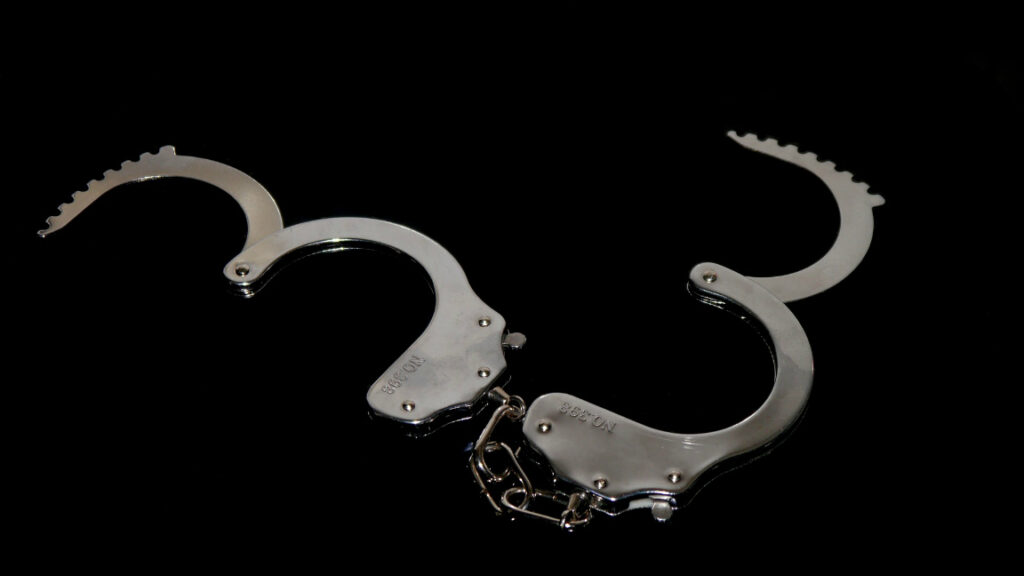The High Court has ruled the Government’s criminal record disclosure scheme is not consistent with the Human Rights Act.
The verdict came on January 22nd after two separate legal challenges. The challengers claimed that having to disclose minor offences is a breach of their right to privacy. They also argued that it is inconsistent with the current filtering process.
The first case concerned a woman who committed two minor offences in 1999. At the time she suffered from a then-undiagnosed mental illness. She has committed no offences since, but under current regulations she must disclose these convictions and consequently her medical history when applying for work.
The second case concerned a man who committed two minor thefts when he was a teenager in the early 1980s. Despite having held positions of responsibility including as an accountant and as a company finance director, he still needs to supply a criminal record certificate when applying for work.
Both argued that the criminal record checks are a breach of Article 8 of the Human Rights Act.
The Government introduced a filtering process for criminal record disclosures in 2013. This means that people with a single conviction for a non-violent, non-sexual offence, for which they served no sentence, do not have to disclose this after 11 years. This time is reduced to five and a half years if the offender was under 18 years old at the time of the offence.
The claimants argued that this is unfair. They have to disclose their offences indefinitely, even though these may not be as serious as someone whose sole offence is filtered.
Speaking about the case, Lord Justice McCombe ruled that it was unnecessary for people to have to disclose minor offences for the rest of their lives. He asked the Government to submit ways to address the issue before making a final order.
The Home Office has said it will consider appealing the decision.


